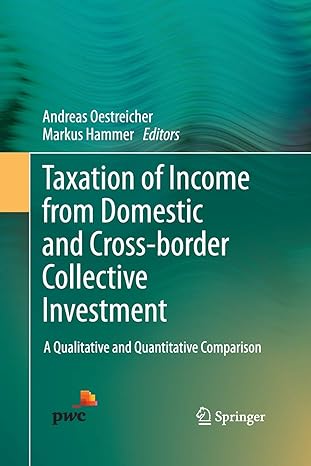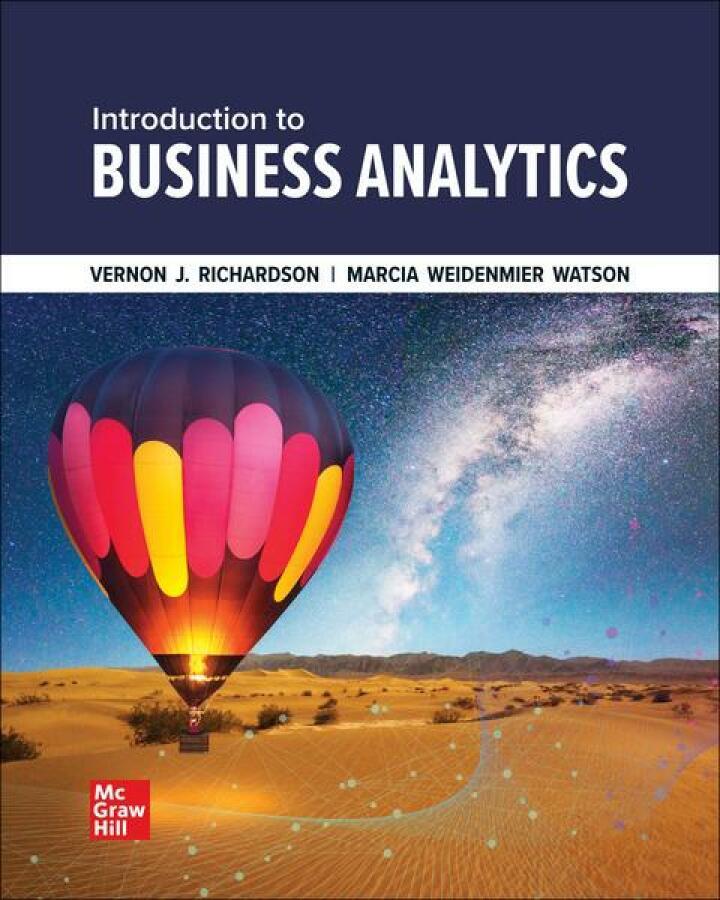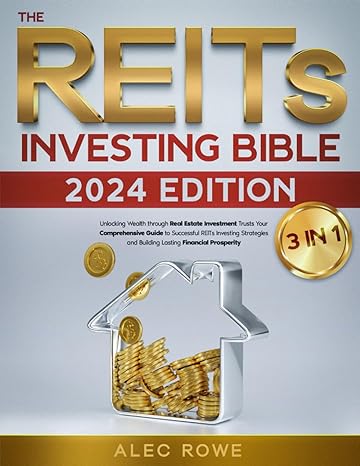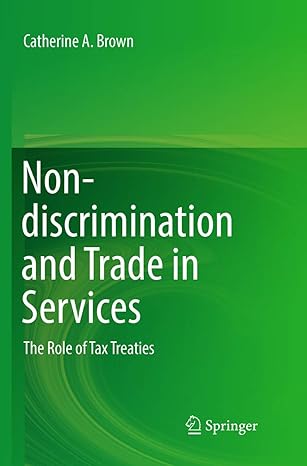Go back


Taxation Of Income From Domestic And Cross Border Collective Investment A Qualitative And Quantitative Comparison(1st Edition)
Authors:
Andreas Oestreicher ,Markus Hammer

Cover Type:Hardcover
Condition:Used
In Stock
Include with your book
Free shipping: April 03, 2024Popular items with books
Access to 3 Million+ solutions
Free ✝
Ask 10 Questions from expert
200,000+ Expert answers
✝ 7 days-trial
Total Price:
$0
List Price: $109.99
Savings: $109.99(100%)
Book details
ISBN: 3319033816, 978-3319033815
Book publisher: Springer
Get your hands on the best-selling book Taxation Of Income From Domestic And Cross Border Collective Investment A Qualitative And Quantitative Comparison 1st Edition for free. Feed your curiosity and let your imagination soar with the best stories coming out to you without hefty price tags. Browse SolutionInn to discover a treasure trove of fiction and non-fiction books where every page leads the reader to an undiscovered world. Start your literary adventure right away and also enjoy free shipping of these complimentary books to your door.
Taxation Of Income From Domestic And Cross Border Collective Investment A Qualitative And Quantitative Comparison 1st Edition Summary: The Fund Reporting Cloud® has made tax reporting less complex, but comparing the effective tax treatment of investment funds and their investors in an international environment is still an ambitious task. Against this background, this study examines the tax consequences at fund, asset, and investor level. In geographical terms our comparison covers eleven European countries, the USA, and Japan. Our analysis of the relevant tax provisions, which is of a primarily qualitative nature, is complemented by a quantitative comparison of the tax burden for a model investor investing assets nationally in the form of a collective investment. It will be of interest both for investors seeking tax advantages and for governments to check whether there is a need for tax reforms. It also ties in perfectly with the current evaluations at OECD level in the context of TRACE.
Customers also bought these books
Frequently Bought Together
Top Reviews for Books
Request 5pvmu0f
( 4 )
"Delivery was considerably fast, and the book I received was in a good condition."










